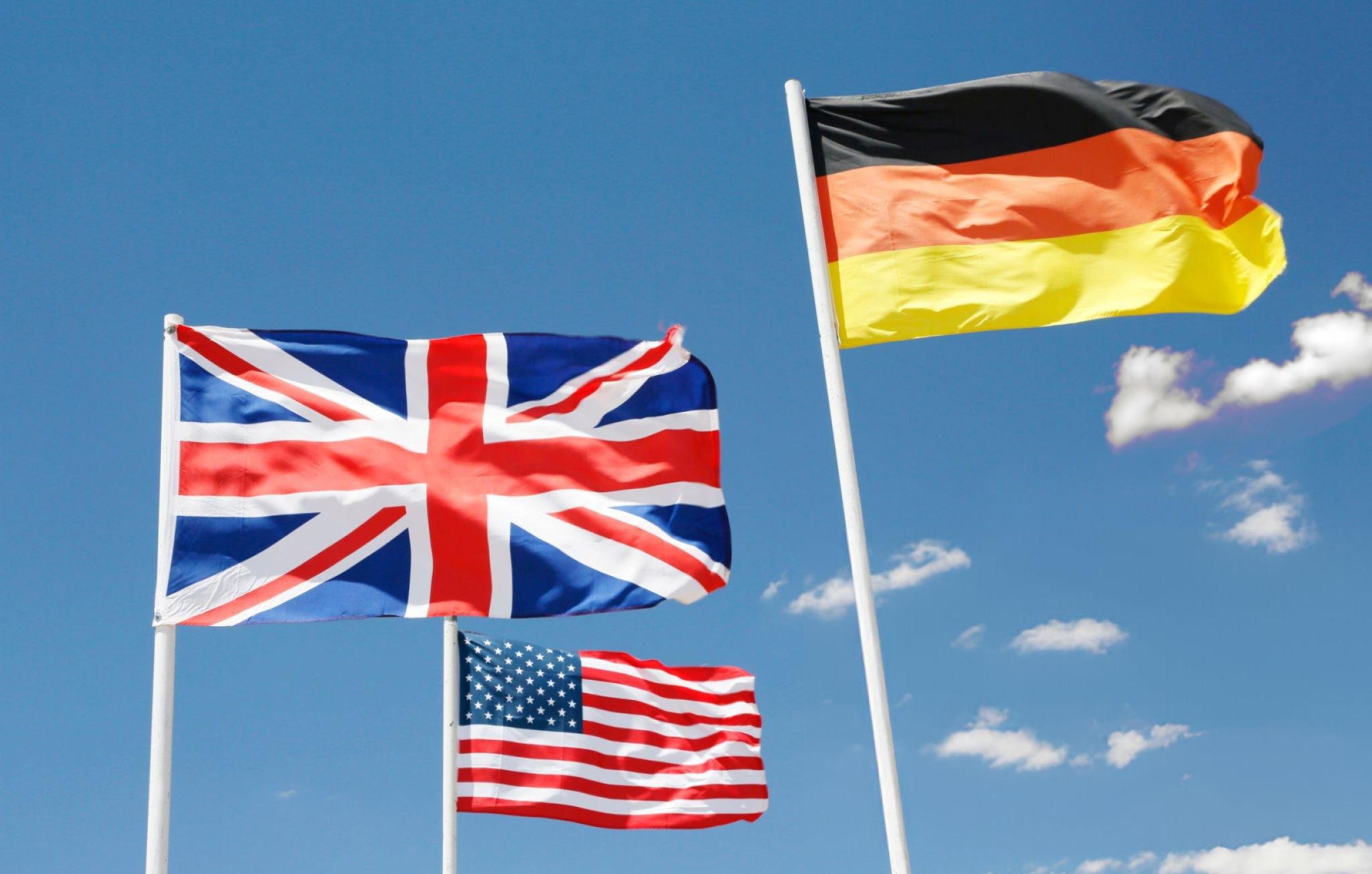UK and Germany to jointly develop 2,000-kilometre-range strike weapon
London, 15 may 2025 – The United Kingdom and Germany have announced a significant step in strengthening European defence cooperation, unveiling plans to jointly develop a new long-range precision strike weapon capable of reaching targets over 2,000 kilometres away. The initiative, confirmed by the British government on Thursday, underlines the growing resolve of Europe’s two largest economies to take greater responsibility for their own security amid shifting global dynamics.
The project is the latest outcome of a bilateral defence pact signed by the two nations last year, which committed them to closer collaboration on defence technology and industrial partnerships. The agreement was forged in the shadow of the ongoing war in Ukraine, with both London and Berlin acknowledging the need to bolster Europe’s defence capabilities against potential future threats.
Since then, geopolitical developments have only added urgency to such measures. With Donald Trump returning to the White House following his recent election victory, European governments have been forced to confront the stark reality of reduced American security guarantees. Trump has made it clear that he expects European allies to shoulder more of the burden for their own defence, triggering a scramble across the continent to accelerate domestic defence production and modernisation.
British Defence Secretary John Healey and his German counterpart Boris Pistorius are expected to formally announce the joint weapons programme during a high-profile meeting in Berlin later today. The weapon, described as a “deep precision strike” system, is designed to give European forces the ability to strike critical targets at extreme ranges, enhancing NATO’s deterrent capabilities and ensuring Europe has the tools to respond independently if necessary.
“In a more dangerous world, NATO and European allies stand united,” Healey said in a statement ahead of the meeting. “This partnership is helping us make defence an engine for growth – creating jobs, boosting skills, and driving investment across the UK and Germany.”
The statement, however, did not specify details regarding the timeline for the weapon’s development or the expected financial outlay. Industry analysts anticipate the project will involve cutting-edge technology from both countries’ defence sectors, potentially integrating stealth, hypersonic, or cruise missile capabilities to provide a flexible and survivable platform for European armed forces.
Beyond the long-range weapon, ministers are also poised to discuss additional measures to deepen defence cooperation. This includes plans for the joint procurement of advanced torpedoes for use by maritime patrol and reconnaissance aircraft – an area where both nations see an urgent need to maintain naval superiority in increasingly contested waters.
Moreover, the two countries are set to announce an agreement for Germany to purchase British-made military bridges, which are critical for enabling rapid troop and vehicle movement across challenging terrains. The deal is seen as another example of the mutual benefits arising from the closer integration of the two countries’ defence industries.
Defence experts have welcomed the announcements, seeing them as a pragmatic response to Europe’s evolving security environment. Dr Claudia Stein, a defence analyst at the Royal United Services Institute, commented: “The war in Ukraine and the uncertainty about future U.S. commitments have forced European leaders to think hard about their own capabilities. Initiatives like this show that Berlin and London are ready to put resources behind their rhetoric and take real steps towards ensuring Europe’s strategic autonomy.”
While some critics have voiced concerns over the duplication of capabilities already possessed by NATO members, supporters argue that such programmes strengthen the alliance by providing Europe with more credible, independent options for deterrence and response.
The announcements come as European leaders prepare for a pivotal NATO summit in July, where calls for increased European contributions to collective defence are expected to dominate discussions.






